Communication Questionnaire: Self-Assessment and SWOT Analysis
VerifiedAdded on 2023/06/11
|5
|812
|257
AI Summary
This document presents a completed communication style questionnaire designed for engineers, focusing on self-assessment of communication skills and team management capabilities. The questionnaire aims to help individuals understand their inherent communication strengths and weaknesses. The response to the questionnaire is analyzed, highlighting a preference for theoretical communication, practical problem-solving, and a data-driven approach to leading teams. A SWOT analysis of self-communicative skills is included, identifying strengths such as excellent communication capabilities and dedication to learning, weaknesses like difficulty saying no, opportunities in training and guiding, and threats in negotiating and discussing in front of new teams. The analysis is contextualized with examples from academic sessions and seminars. An action plan for improving communication skills, including attending seminars, participating in public speaking, and seeking feedback, is also provided. This solved assignment is available on Desklib, a platform offering study tools and resources for students.
1 out of 5
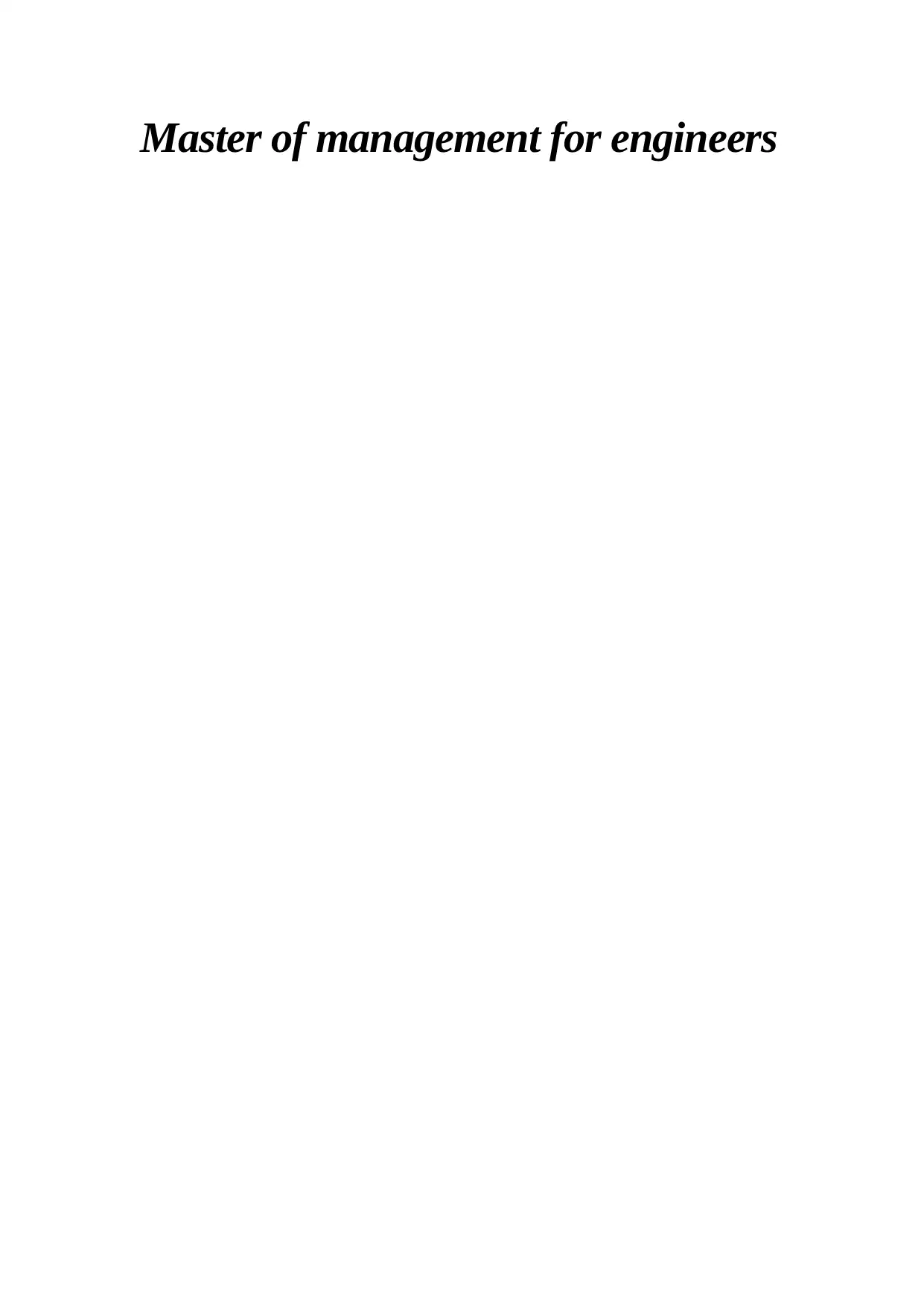
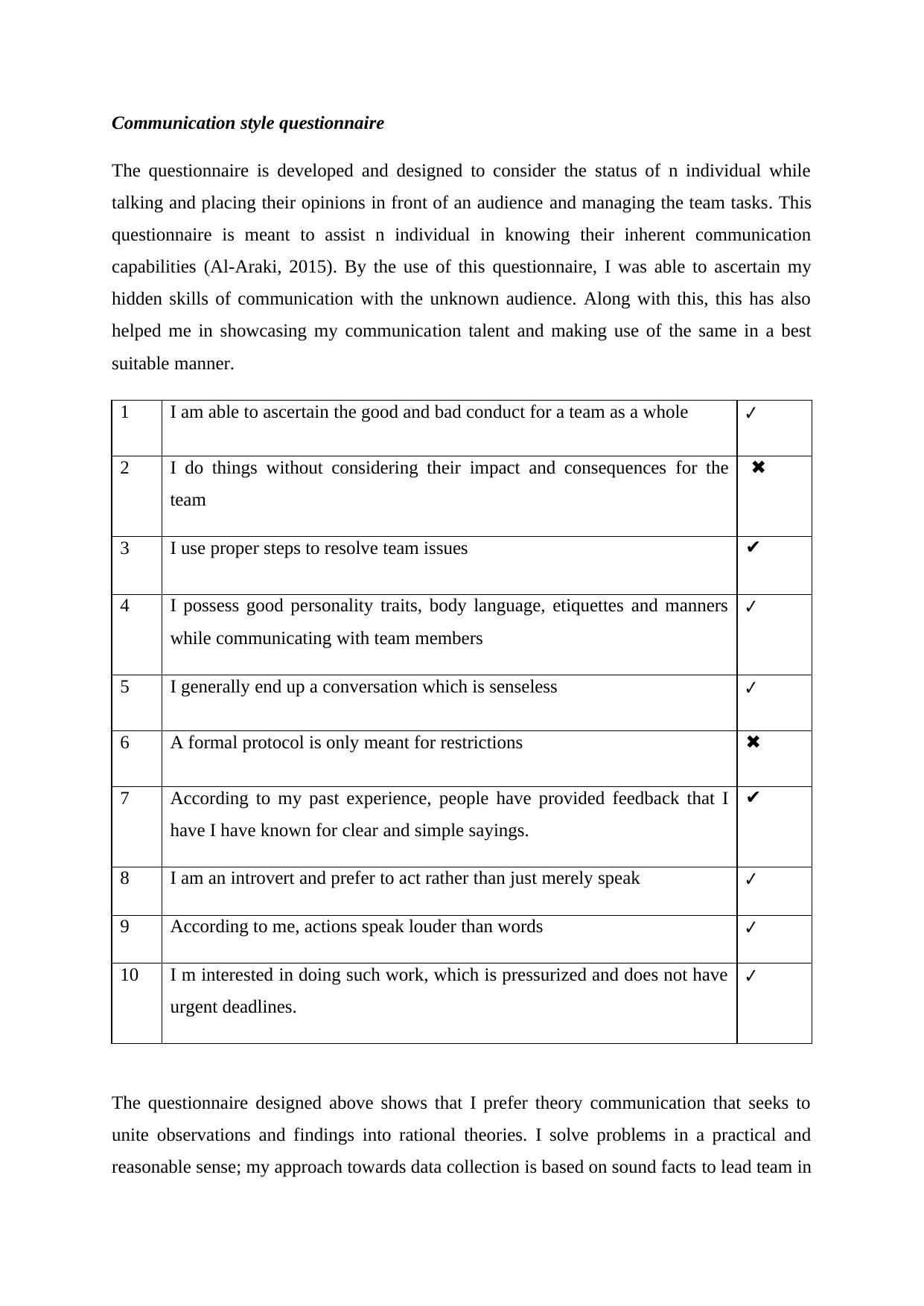
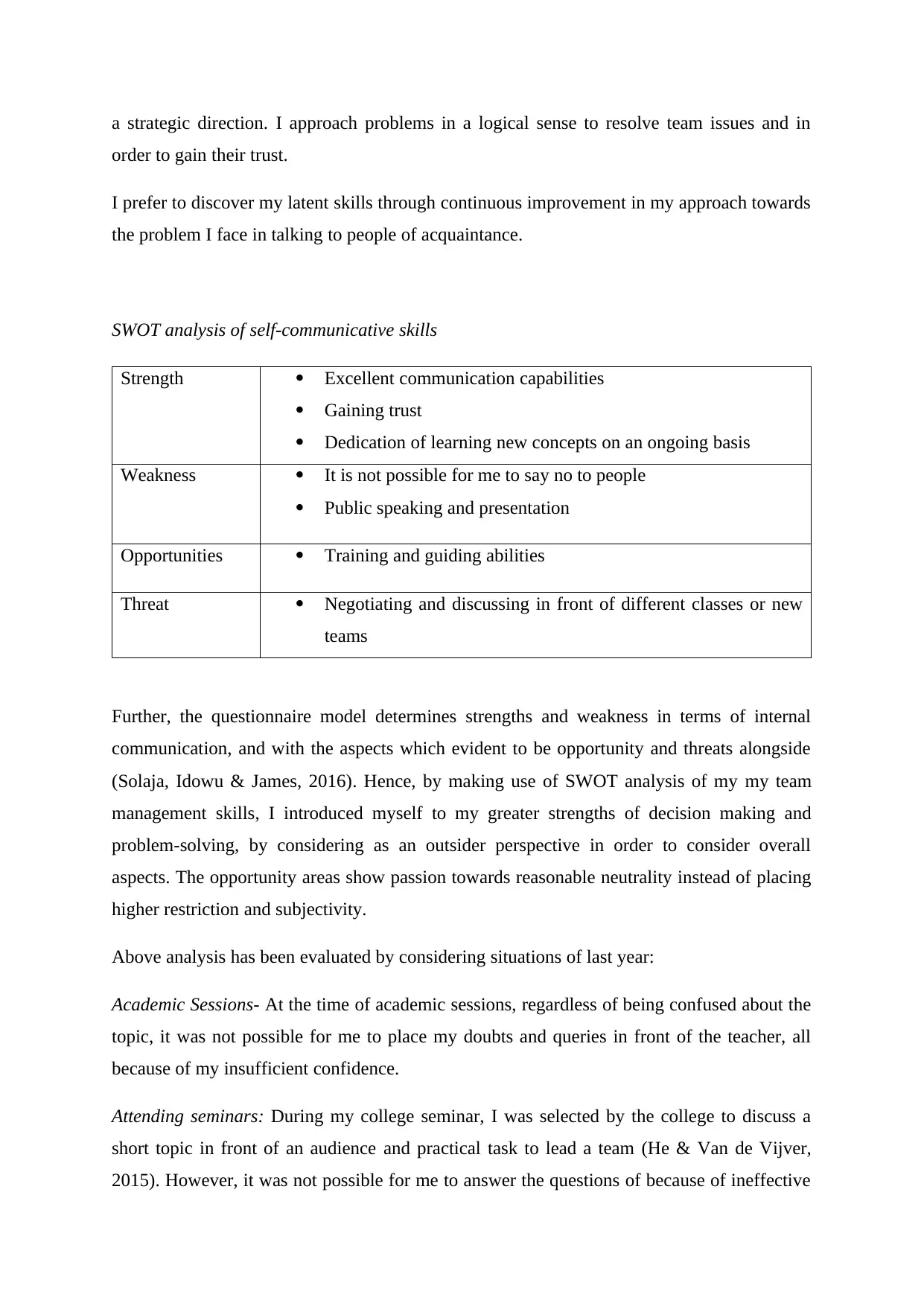

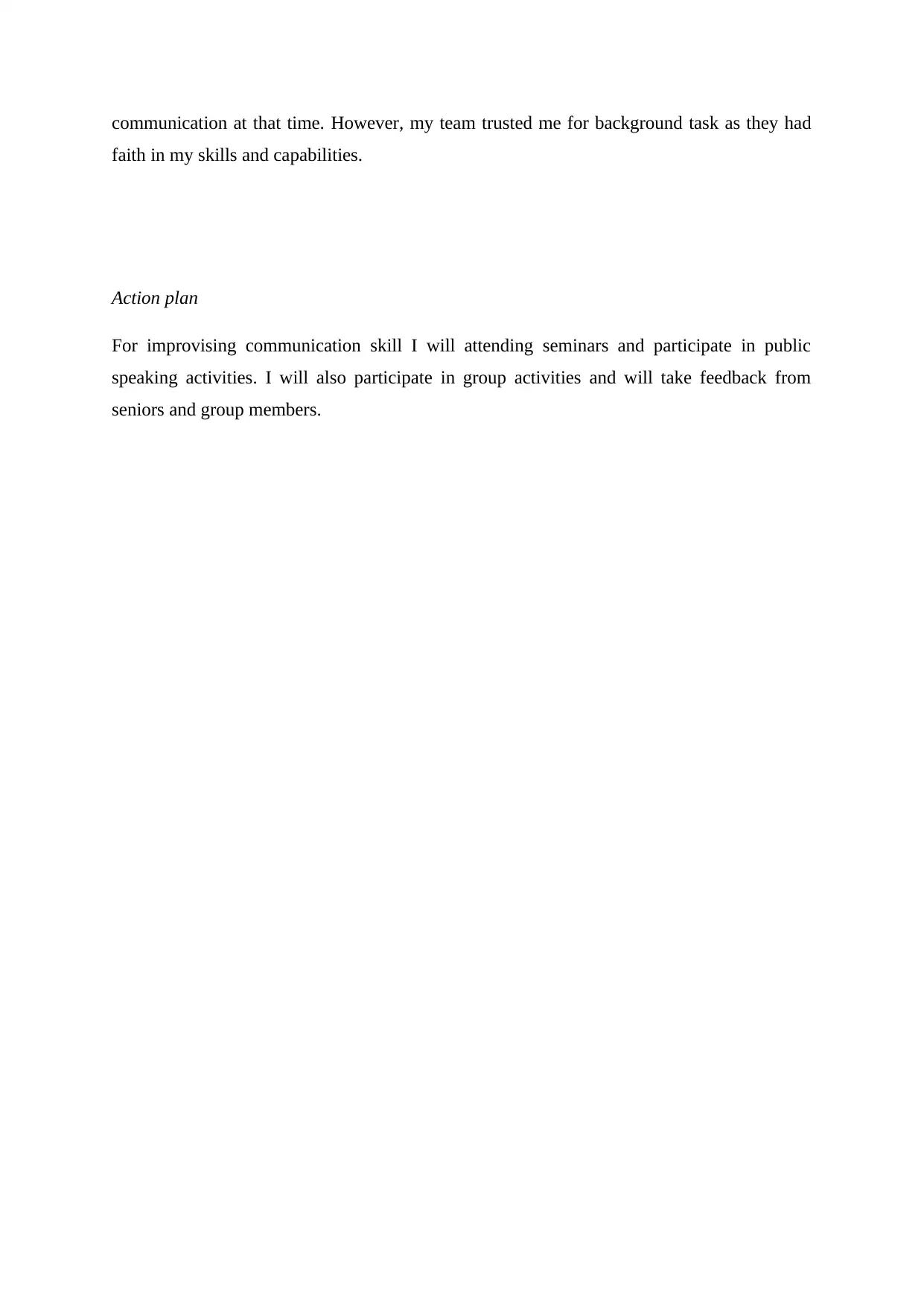
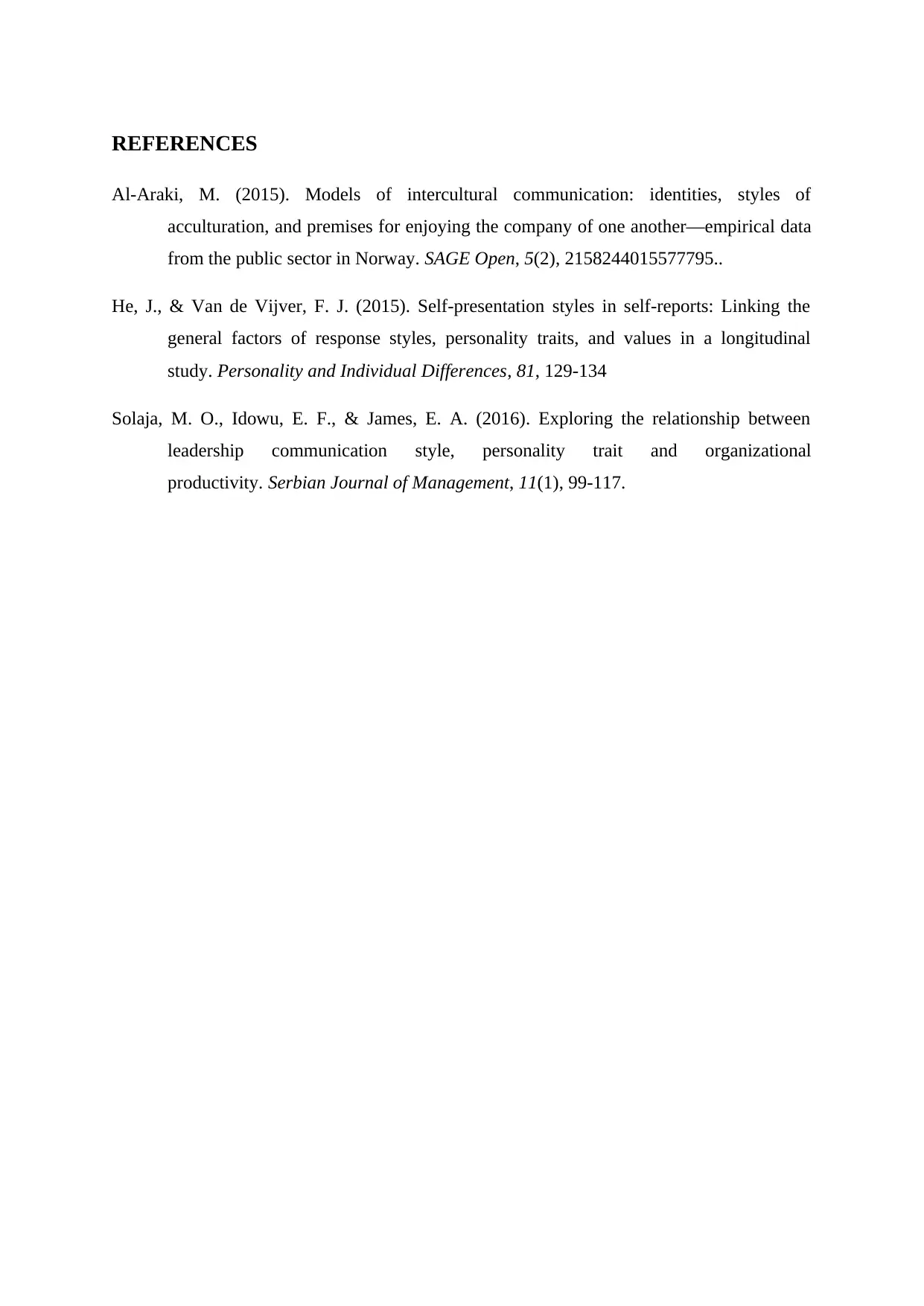






![[object Object]](/_next/static/media/star-bottom.7253800d.svg)